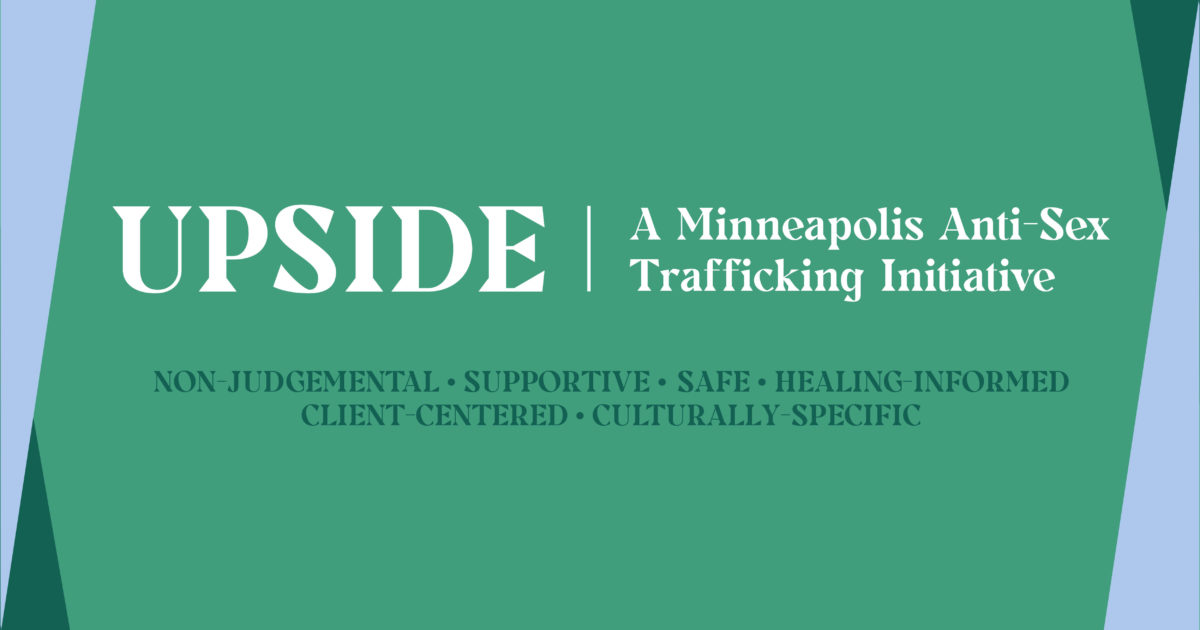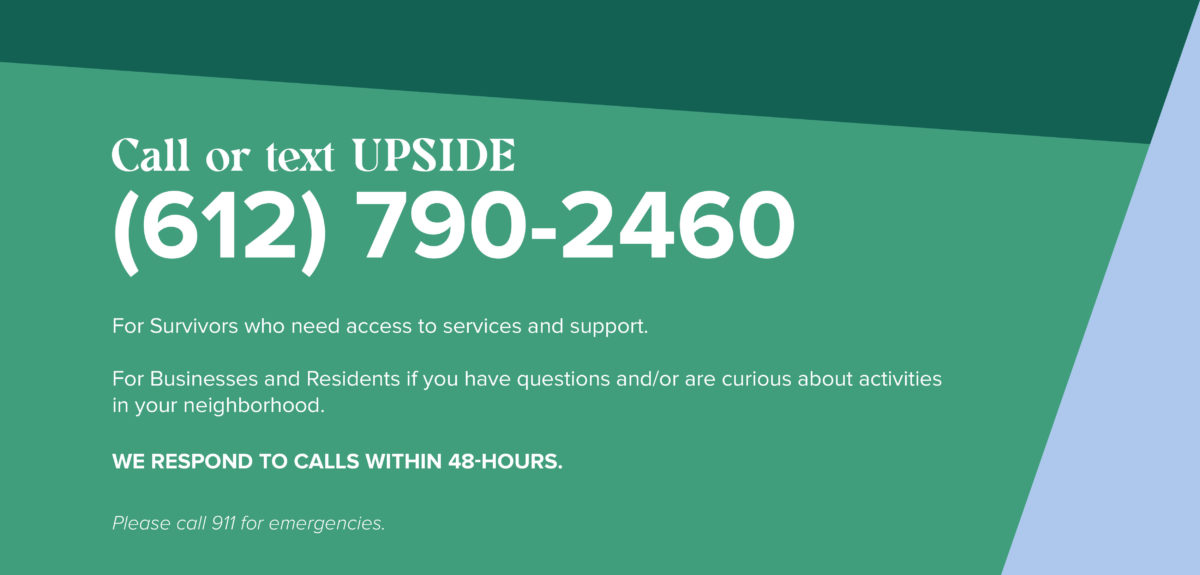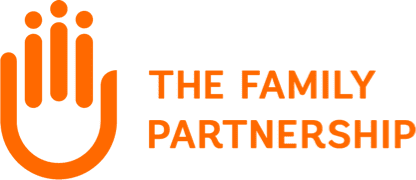New Initiative Offers Help for Those Experiencing Sex Trafficking

For National Human Trafficking Prevention Month our PRIDE team answers a Q&A on UPSIDE, a new innovative anti-sex trafficking initiative. The Family Partnership, Breaking Free and The Link, service providers with a history of doing anti-sex trafficking work in Minneapolis, are working together to provide coordinated services to people that are being sex trafficked.
Q. How big an issue is human trafficking/sex trafficking in Minnesota?
Human trafficking is the fastest growing criminal enterprise in the U.S. and 28 million people are trafficked worldwide. In 2015, Minnesota had the third-highest number of human trafficking cases nationally, and the FBI ranked the Twin Cities as one of 13 U.S. cities with the highest incidence of sex trafficking for youth (although people of all ages are trafficked).
The Duluth harbor has been a source of trafficking since the turn of the century, while today interstates 94 and 35 are routes traffickers use to move people between Midwest cities. For more than 40 years, The Family Partnership’s PRIDE (Promoting Recovery, Independence, Dignity and Equality) program has provided support services to sexually exploited adults, youth and their families so they can live a life free of exploitation and abuse and move towards self-sufficiency.
Q. What is your approach?
The UPSIDE outreach teams meet people experiencing sexual exploitation on our streets today – especially those facing the greatest disparities in access to services (Black, Indigenous and People of Color; and, transgender/gender non-conforming individuals).
What makes UPSIDE unique is that collectively, we have the opportunity to “pair” folks up with culturally specific, safe and healing informed services that are age appropriate and gender-based. Each agency in the partnership offers an array of services that we can leverage. We help people access food, clothing or a place to stay, medical or mental health care, and provide longer-term intensive case management, participation in survivor led support groups, legal advocacy and more to provide the support systems needed for lasting change.
Q. How does this initiative differ from past efforts?
Our strategy is to offer help, resources and real options for the whole community, not just survivors but businesses and residents as well. We offer one phone number to call or text for information. The UPSIDE team offers trainings on how to identify sex trafficking and what to do if you suspect someone might be trafficked.
Through street outreach (or by request by businesses) we offer outreach kits with personal hygiene items, hand and feet warmers, snacks, water, information cards and hand sanitizer. In the winter months, we also bring hats and mittens for those who need them. The kits offer tangible resources and a bridge to conversations with those in need.

Q. How will you determine if UPSIDE is making a difference?
To track progress, UPSIDE is using a measurement tool called “The Bridges to Self-Sufficiency” which gauges progress by survivors in specific, measurable goal areas. A goal may start small such as talking with a case manager or attending drug counseling or support group meetings. This leads to bigger goals like finding stable housing, gaining education or getting a new job.
We also track the number of people we interact with on the streets. We know it takes multiple contacts with those in “the life” to build trust. In short, we walk alongside victims, as they become survivors.
Q. What gives you hope for change with UPSIDE?
We see positive changes every day. We believe that connections and relationships are powerful forces for change. Street outreach is a tool we use to bring people to UPSIDE, but the real change begins when they are connected with a case manager or advocate. By demonstrating grace and respect to everyone we interact with, UPSIDE is empowering people with sustainable solutions that stand up against some of the darkness in our community.
UPSIDE is funded by the City of Minneapolis through the American Rescue Plan Act.
